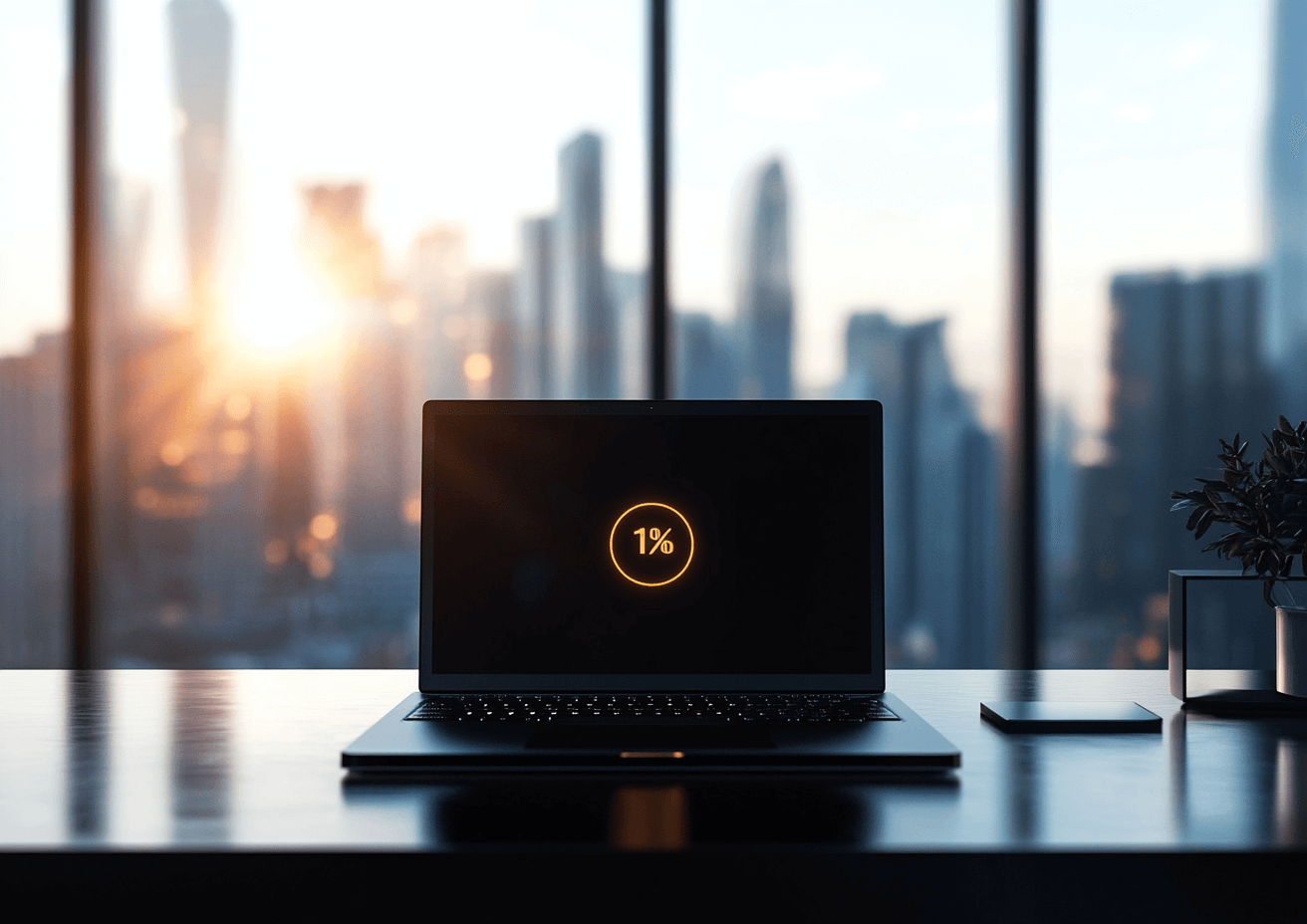If you’re looking to improve your website’s SEO, one factor to analyze more critically is your Page Load Times. This metric is essential for diagnosing web design issues, and it can significantly affect how search engines rate your site. Some issues could affect your entire website (a bloated theme, plugins, or other code issues). Other speed issues are specific to one page (too many components loading or large image or video file sizes.)
Why slower page load times negatively affect your SEO:
When website pages take too long to load, users are likely to click away. Search engines monitor this behavior closely. If visitors leave without engaging with your content, it signals to search engines that your site may not be meeting their needs. This can lead to a higher bounce rate, which negatively impacts your rankings.
Think about it like waiting in line at the DMV. You show up ready to get things done, but if the line moves at a snail’s pace, it’s easy to lose patience and you want to walk out. Your website’s load time can create that same sense of frustration for your visitors. Don’t let your website be compared the DMV. It’s too easy for online users to click away in search of another solution, and they won’t hesitate to leave your site if it takes too long to load.
You want them to find what they want on your website. And if you want your organization to be seen as a trusted resource, writing content that people stay to read can help boost your rankings. This is why we agree with the saying content is king. Marketing teams and content writers will be quick to tell you that good content is incredibly important. However, back to our main point… if your website is slow, most website visitors aren’t sticking around for it to load.
Slow load times often stem from oversized images, overly complex code, or too many elements on a single page. Optimizing your images and cleaning up your code can significantly improve load times and enhance user experience.
Focusing on your site’s speed not only helps boost SEO but also leads to happier visitors. A faster site increases your chances of ranking higher in search results. Ultimately, it’s all about creating a seamless experience for your audience!
For more insights on enhancing your site’s performance and search engine optimization, check out our post on Ways to Implement SEO Best Practices. This article covers essential strategies that can help improve both your website’s speed and overall SEO effectiveness. Additionally, for an in-depth look at page load time and its impact on search engine rankings, don’t forget to check out Google’s PageSpeed Insights, which provides specific load time threshold recommendations for optimal performance—aiming for under 2.5 seconds for mobile and under 1 second for desktop to keep users engaged.
Want help getting further, faster? Contact CauseLabs to explore how we might help speed up your WordPress website with server caching, image optimization, or other enhancements.

